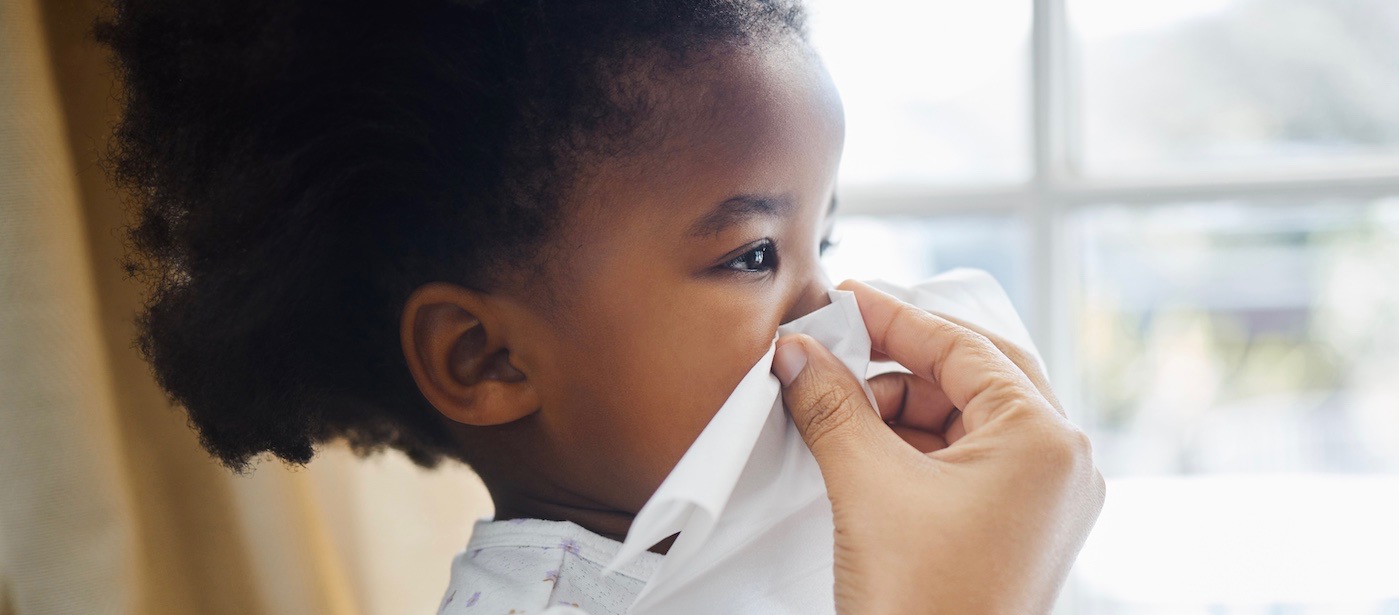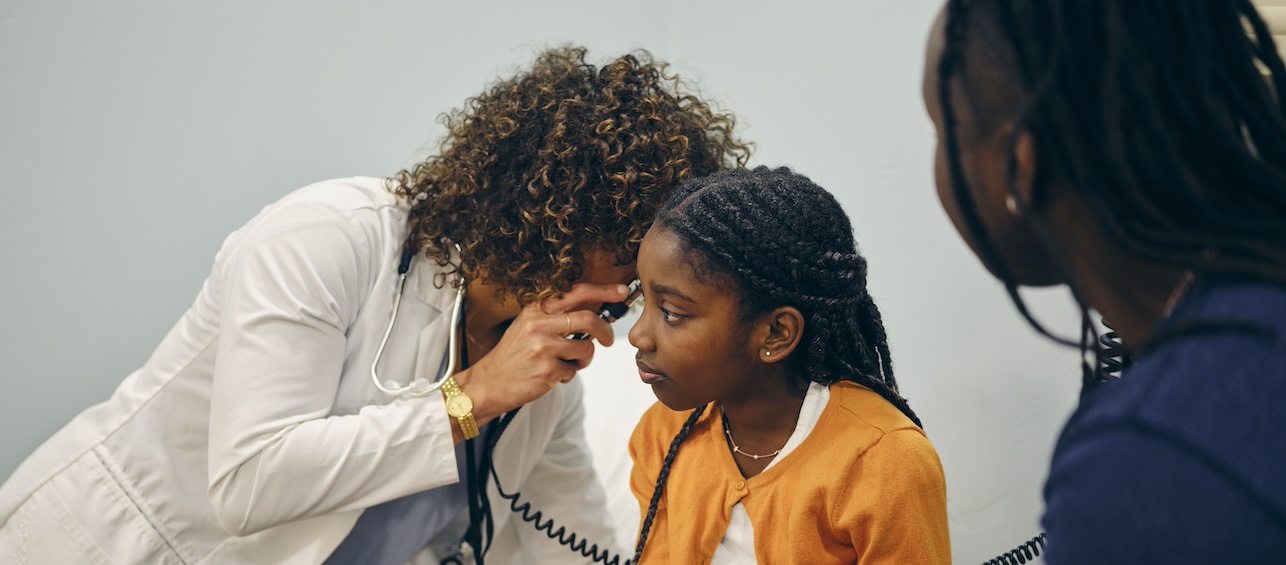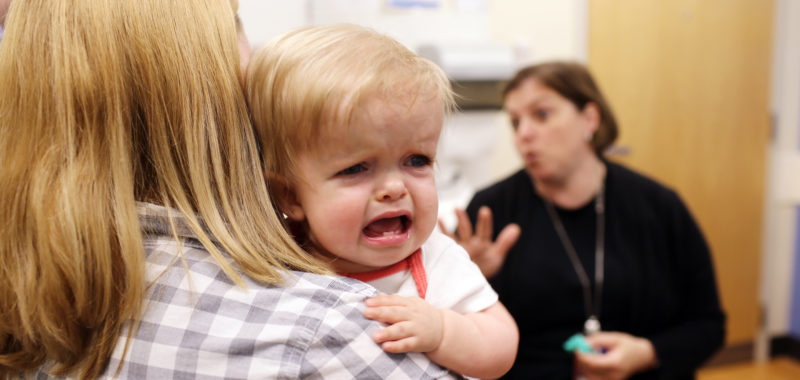As a pediatric otolaryngologist, I get asked all sorts of questions about nasal drainage, also known as boogers. I like to explain to families that there are good boogers and bad boogers, and it’s my job to help distinguish between them.
It’s an important distinction to make, because not all infections of the sinuses and nose are “bad” or require extra treatment, such as antibiotics.
Below are the most frequently asked questions I receive about sinus infections in kids, which includes both viral and bacterial sinus infections:
7 FAQS ABOUT SINUS INFECTIONS IN KIDS
1. What’s the difference between a cold and a sinus infection?
When families ask questions about sinus infections, they’re usually referring to bacterial sinus infections, or bacterial rhinosinusitis. However, the term sinus infection refers to any infection of the sinuses, which can be viral or bacterial. Essentially, a cold is both a nose and a sinus infection mostly commonly caused by a virus. It’s only when that viral cold becomes bacterial that it’s “bad,” or turns into bacterial rhinosinusitis. And this is when we would consider using antibiotics.
2. How common are sinus infections (rhinosinusitis) in kids?
When we think about this question, we have to consider whether families are referring to viral or bacterial sinus infections. It is totally normal for kids under the age of 10 to have 5-7 viral nose/sinus infections (AKA colds, upper respiratory infections and viral rhinosinusitis) a year. In contrast, older kids, such as junior high and high school age, typically only get a couple of colds a year. What’s not normal, or “bad,” is for the cold to turn into bacterial sinusitis and need antibiotics for treatment.
3. When should sinus infections (rhinosinusitis) be treated with antibiotics?
In general, sinus infections need to be treated with antibiotics when the cold symptoms go on for 5-7 days and haven’t gotten better, or the cold symptoms have gotten better for a few days and then have gotten worse again. When either of those two scenarios happen, we will begin to think that bacteria may causing problems, and we will prescribe antibiotics.
4. Why do some kids get more sinus infections (rhinosinusitis) than others?
If kids are normally healthy otherwise, we don’t have a good understanding of why some get more colds, or viral sinus infections, than others. We believe that genetics may play a role. However, there are some conditions that make kids more susceptible to sinus infections than others, such as allergies, enlarged adenoids, a deviated septum, cystic fibrosis, immotile cilia syndrome and those who are immunosuppressed.
5. Are symptoms of sinus infections (rhinosinusitis) different in kids versus adults?
For kids older than 10 years old, symptoms of sinus infections will look similar to the classic symptoms that adults have. Those include nasal stuffiness, drainage, facial pain and headaches. These symptoms are typical of both viral and bacterial sinus infections.
For kids younger than 10, symptoms will look a little different. They typically have continual drainage from their noses, cough, sometimes a fever, and generally feel bad.
6. Can my child go to school with a sinus infection?
Because sinus infections can be viral or bacterial, it is important to follow your school’s health guidelines for illness. For instance, sometimes kids have fevers with colds, or viral rhinosinusitis, and in which case, they would not be able to attend school that day. However, if your school allows for students to attend with typical cold symptoms, such as a runny nose and cough, they should be able to go to school.
7. When should I be concerned about sinus infections (rhinosinusitis)?
Typically, the main concern about nose/sinus infections is when we suspect a bacterial infection. The classic symptoms of bacterial rhinosinusitis are when the infection has been going on longer than 5-7 days, or when it seems to have gotten better and then gets worse again.
Additionally, there can be uncommon complications of bacterial sinus infections, such as when the antibiotics do not prevent the spread of the infection, but this does not happen very often. The infection can spread to the area around the eyes and/or the brain.
If your child is having recurrent bouts of bacterial rhinosinusitis, such as more than 4-5 a year, I would recommend scheduling an appointment with an otolaryngologist.
To learn more about our otolaryngology services, or to schedule an appointment, please call 513-636-4355 or fill out an online form for more information.






